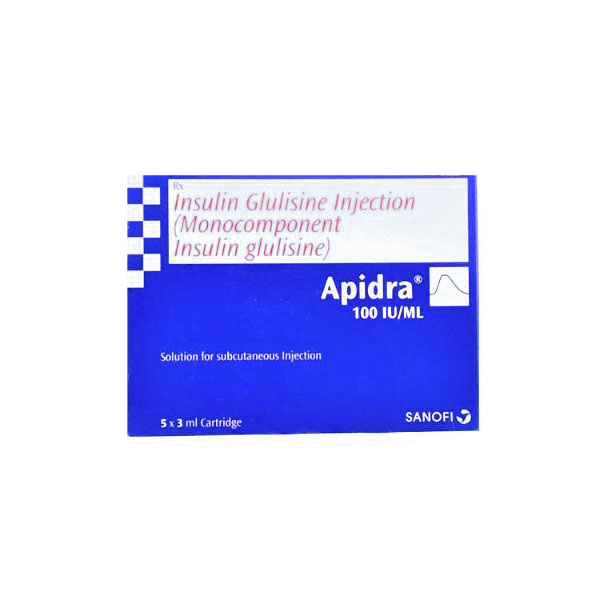Metformin (Glumetza)
Generic Name : Metformin (met FOR min)
Brand Names : Fortamet, Glucophage, Glucophage XR, Glumetza, Riomet
Product Description
Metformin is a common drug used to treat Type 2 (adult-onset) diabetes. It’s marketed under the names, Gylcomet, Glumet, Exermet, Dibeta, Cetaphin, and more.
Drug Information
Diabetes mellitus type 2 is a condition where blood glucose levels are higher than normal (medically called hyperglycemia). The pancreas, the organ that produces insulin (a natural agent that controls blood glucose levels), is unable to produce enough insulin to bring down blood glucose levels to normal. This insulin resistance can result in serious health complications, such as heart attack and neuropathy, the numbness of the feet.
Metformin can help regulate blood sugar levels in patients afflicted with type 2 diabetes by regulating insulin.
Metformin is a biguanide that can reduce the amount of glucose absorbed from food and produced by the liver. It can also improve how the body responds to insulin, thus relieving some of the symptoms of Type 2 diabetes.
Metformin is not used to treat type 1 diabetes, a commonly hereditary disease where the body is unable to produce insulin.
Metformin is usually prescribed alongside a healthy eating plan and a regular exercise routine.
Metformin is available as a tablet, an extended release tablet and a liquid. Physician prescriptions are necessary to obtain Metformin in many countries.
Dosage
The dosage of Metformin will depend on several factors such as the severity of the condition, age of the patient and response to treatment.
Metformin is usually prescribed to be taken 1 to 3 times per day. The tablet should be taken up to 3 times daily. The liquid is usually prescribed up to twice daily. The extended release tablet is only taken once daily. The extended release tablet should be swallowed whole without crushing or chewing.
Metformin should be taken with meals and plenty of fluids. It’s highly recommended to take Metformin the same time each day.
Metformin should be taken exactly as prescribed. Do not take more or less than prescribed by a doctor.
Precautions
Patients who are allergic to Metformin or any of the ingredients in the tablets or the liquid should not take the drug.
Metformin can rarely cause lactic acidosis, a potentially life-threatening condition where lactic acid rapidly builds up in blood. Patients who are over 80 years of age, or have had a history of diabetic ketoacidosis, heart disease, liver disease, kidney disease, stroke, heart attack, or have been in a coma are more likely to get lactic acidosis than those who have not.
Patients who are about to undergo surgery or other medical procedures should not take Metformin without consulting a physician regarding safety.
Blood sugar must be regularly monitored to see whether Metformin is effective.
As Metformin causes lowered blood sugar levels, patients taking the medicine should be aware of symptoms of hypoglycemia, or low blood sugar.
Side Effects
Common side effects of Metformin includes the following:
Diarrhea
Headache
Bloating
Heartburn
Indigestion
Constipation
Stomach pain
Metallic taste in mouth
Muscle pain
Stop taking Metformin and seek medical care immediately if any one of the following conditions occurs: severe diarrhea, vomiting, fever, serious infections or consuming less liquid than usual. –






Reviews
There are no reviews yet.